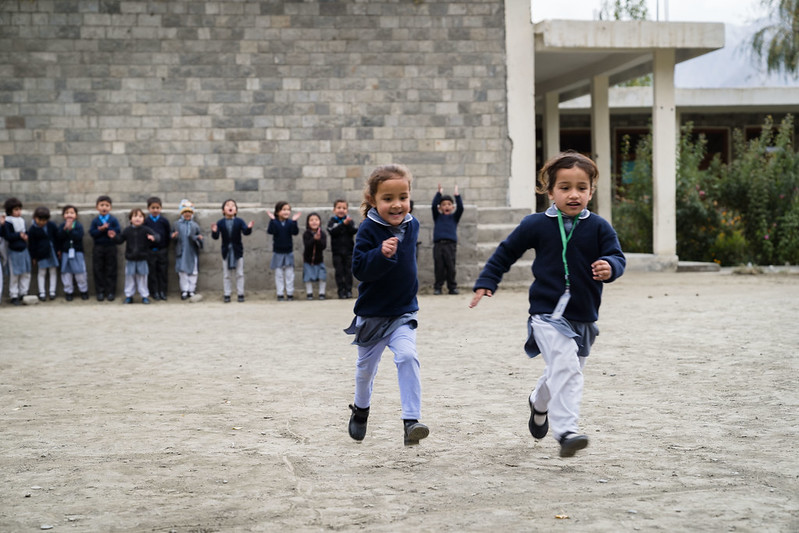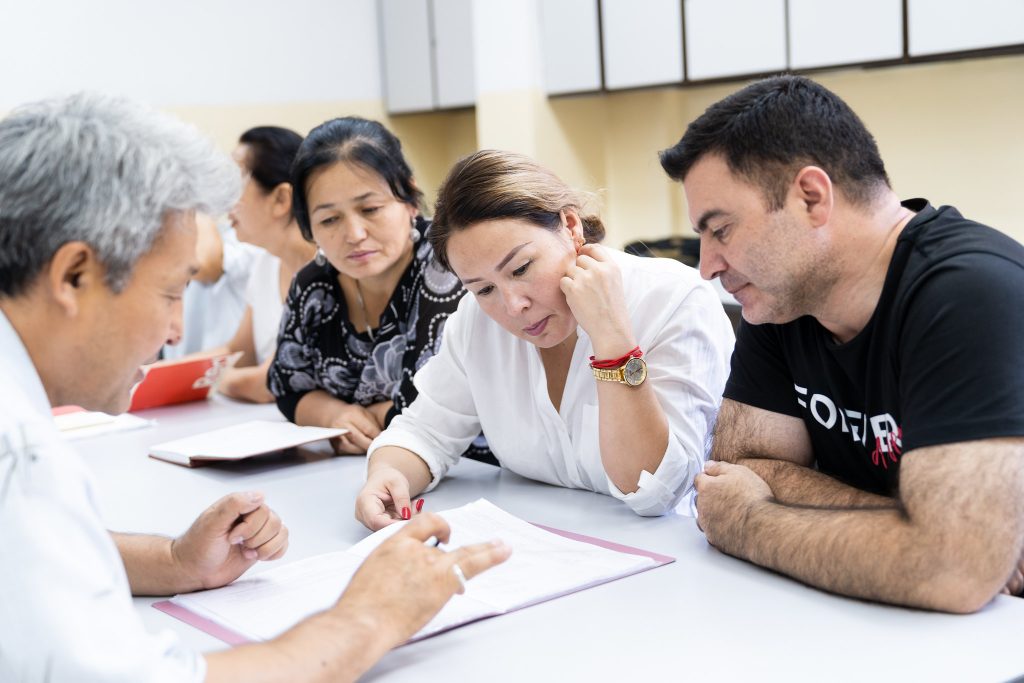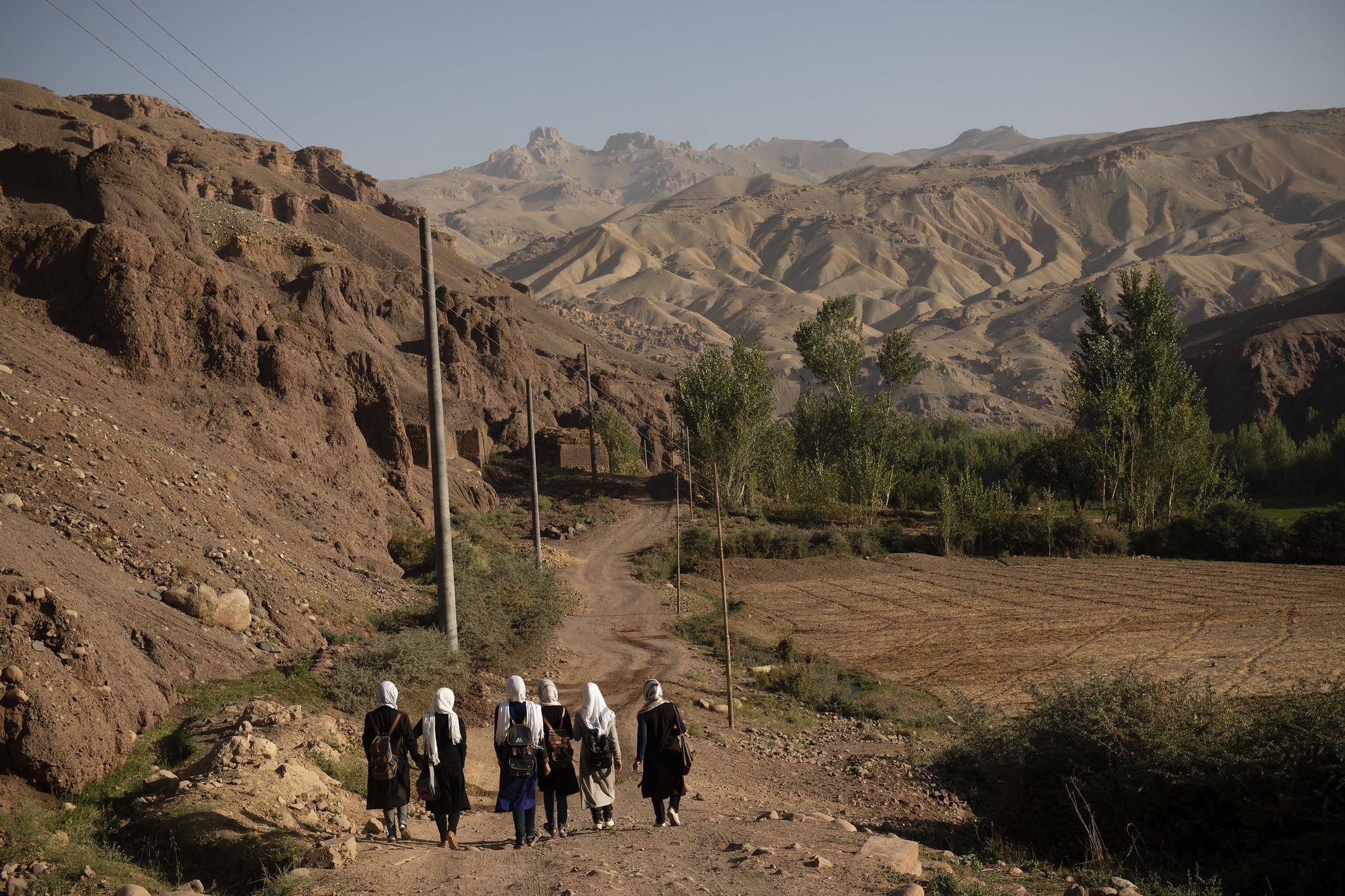Schools2030 is pleased to announce the expansion of our partnerships to include Education Cannot Wait (ECW), a global fund that brings together humanitarian actors, governments and development organisations to transform the delivery of education in emergencies and protracted crises.
ECW and Schools2030 share a commitment to supporting children and young people in challenging contexts to acquire the knowledge, skills, attitudes and values they need to thrive. Our common focus is on promoting holistic learning, as we recognise that quality learning involves core academic as well as social-emotional and 21st century skills. Through Schools2030’s three-step model – Assess, Innovate, Showcase – we support educators and learners to measure what matters, to design context-relevant holistic education innovations, and to showcase these innovations with education stakeholders from local to global levels.
COVID-19 has offered a stark reminder of the desperate need for locally rooted education innovations and models that are contextually relevant, affordable, and actionable for teachers and education systems to adopt, adapt and scale in response to educational challenges worldwide, and especially in crisis-affected settings. The pandemic also reinforced the importance of a holistic approach to learning that incorporates social-emotional wellbeing alongside a focus on academic skill development.

Whilst Schools2030’s work includes several countries that are not classed as crisis-affected, it is operational in parts of Afghanistan, Pakistan and Uganda. As a leader in addressing protracted crises in education, ECW can not only provide technical expertise on delivering education in such settings, but also support Schools2030 to harness data globally, ensuring that teachers, education leaders, politicians, and funders have the evidence they need to quickly deploy impactful teacher-led learning improvement solutions around the world. Despite their focus on conflict settings, ECW’s support for the programme is more broadly focused on the delivery of global public goods, creating a body of evidence and resources that will be applicable in a range of emergency and non-emergency settings.
Now more than ever, we need collaborative efforts to ensure that young people, teachers and education systems affected by crises have the tools and resources they need to improve learning outcomes. Our new partnership with Education Cannot Wait helps us deepen our shared commitment to equitable, quality education for children living in challenging contexts.
Dr Bronwen Magrath, Schools2030 Global Programme Manager
ECW will be supporting Schools2030 to deliver four separate but intertwined outputs:
- Developing and piloting a set of contextualised, validated and robust holistic assessment tools to support improved learning and wellbeing for 5, 10 and 15 year olds;
- Provision of 300 holistic, evidence-based education innovations, co-developed with teachers, learners and communities in Afghanistan, Pakistan and Uganda, which can be used to inform replicable models for best practices globally;
- Supporting the creation of the Schools2030 Assessment Hub and Item Bank, to be made globally accessible and able to provide validated assessment tools for a range of social emotional learning (SEL) domains for 5, 10 and 15 year olds across 10 countries and several languages;
- Developing a database of learning data, derived from validated, contextually relevant assessment tools and collected through the ten-year programme lifecycle.
The development of context-relevant holistic assessment tools is a priority interest area for ECW as it is for several Schools2030 partners. ECW’s technical and financial support to Schools2030 will allow crisis-affected communities in Afghanistan, Pakistan and Uganda to deliver on the “Assess” step of our three-step model – delivering assessment tools, managing and understanding data from these assessments and building a body of evidence that can support improving holistic learning outcomes in the most challenging contexts. Designed alongside stakeholders in Afghanistan, Pakistan and Uganda, the assessment tools will be teacher-focused, teacher-driven and contextualised for these diverse but challenging contexts. ECW’s support on learning data management will directly equip teachers with the evidence they need to better understand students’ holistic and psycho-social development. It will also allow Schools2030 to understand the impact of the programme and to identify areas and inputs needed to offer better support to teachers and learners.

Schools2030 assessment tools are also being designed with an equity and inclusion lens in order to support teachers to identify students with learning differences or additional educational needs – improving education equity, including gender equity, is a key cross-cutting theme in the programme. Learning data will be disaggregated by gender and geography in order to understand differentiated learning levels and the programme’s impact for girls and for those living in crisis-affected communities.
Through this new and exciting partnership, Schools2030 and ECW aim to offer the world a new approach, and a new suite of validated and contextualised resources to improve education across any possible context. Schools2030 is merely an incubator for what is envisioned as a new global public good for the sector. Ultimately, with the support from ECW, Schools2030 will be developing contextually relevant holistic learning assessment tools and data that will lead to a better educational response and more sustainable interventions in crisis-affected contexts.
